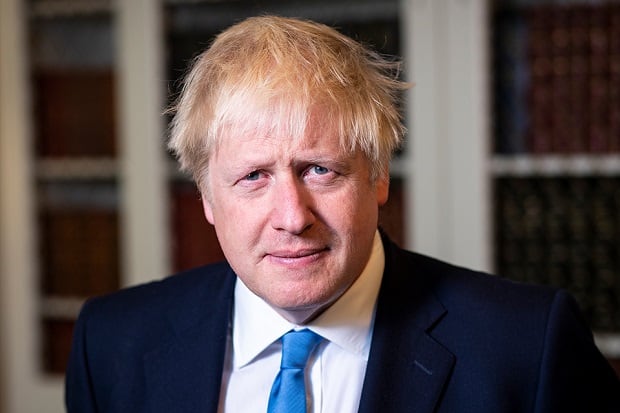
Prime Minister Boris Johnson has confirmed the ending of covid regulations.
The government says that thanks to improved understanding of the virus and a successful vaccination programme we can now move away from government intervention to personal responsibility.
It has been almost two years since the first lockdown in March 2020 which saw freedoms curbed, non essential shops shut and the country told to stay at home if they weren’t key workers.
The PM said: “While the pandemic is not over, we have now passed the peak of the Omicron wave, with cases falling, hospitalisations in England now fewer than 10,000 and still falling, and the link between infection and severe disease substantially weakened.
“Over 71 per cent of all adults are now boosted in England, including 93 per cent of those 70 and over, and together with the treatments and scientific understanding of the virus we have built up, we now have sufficient levels of immunity to complete the transition from protecting people with government interventions to relying on vaccines and treatments as our first line of defence.”
The PM said the Testing, Tracing and Isolation budget in 2020-21 exceeded the entire budget of the Home Office.
It cost a further £15.7 billion in this financial year, and £2 billion in January at the height of the Omicron wave.
Of the 40 temporary provisions of the Coronavirus Act, 20 have already expired, 16 will expire on 24 March, and the last 4 relating to innovations in public service will expire six months later.
A new Spring booster jab will be offered to those aged 75 and over, older care home residents, and those over 12 who are immunosuppressed.
The Vaccines Task Force will continue to ensure the UK has access to effective vaccines as they become available.
The Therapeutics Task Force will continue to support seven national priority clinical trial platforms focused on prevention, novel treatments and treatment for long-Covid.
Changes at a glance
Today, 21 February the Government is:
- Removing the guidance for staff and students in most education and childcare settings to undertake twice weekly asymptomatic testing.
From 24 February the Government will:
- Remove the legal requirement to self-isolate following a positive test. Adults and children who test positive will continue to be advised to stay at home and avoid contact with other people for at least 5 full days and then continue to follow the guidance until they have received 2 negative test results on consecutive days.
- No longer ask fully vaccinated close contacts and those aged under 18 to test daily for 7 days, and remove the legal requirement for close contacts who are not fully vaccinated to self-isolate.
- End self-isolation support payments, national funding for practical support and the medicine delivery service will no longer be available.
- End routine contact tracing. Contacts will no longer be required to self-isolate or advised to take daily tests.
- End the legal obligation for individuals to tell their employers when they are required to self-isolate.
- Revoke The Health Protection (Coronavirus, Restrictions) (England) (No. 3) Regulations.
From 24 March, the Government will:
- Remove the COVID-19 provisions within the Statutory Sick Pay and Employment and Support Allowance regulations. From 1 April, the Government will:
- Remove the current guidance on voluntary COVID-status certification in domestic settings and no longer recommend that certain venues use the NHS COVID Pass.
- Update guidance setting out the ongoing steps that people with COVID-19 should take to minimise contact with other people. This will align with the changes to testing.
- No longer provide free universal symptomatic and asymptomatic testing for the general public in England.
- Consolidate guidance to the public and businesses, in line with public health advice.
- Remove the health and safety requirement for every employer to explicitly consider COVID-19 in their risk assessments.
- Replace the existing set of ‘Working Safely’ guidance with new public health guidance.

